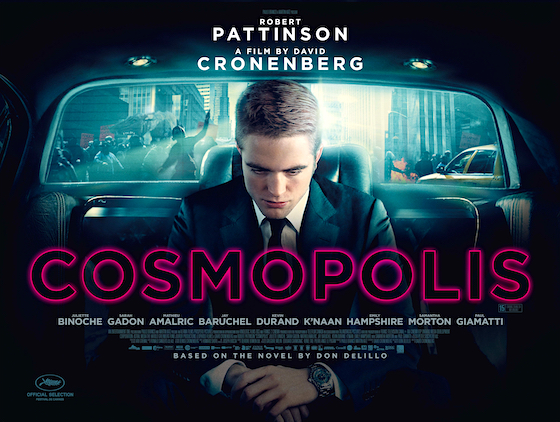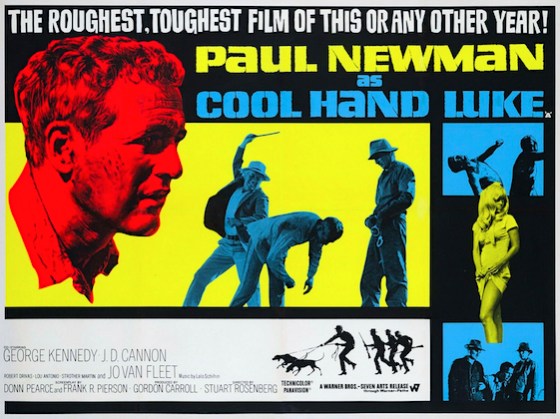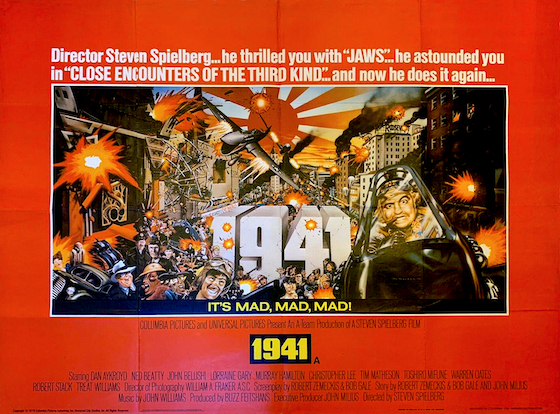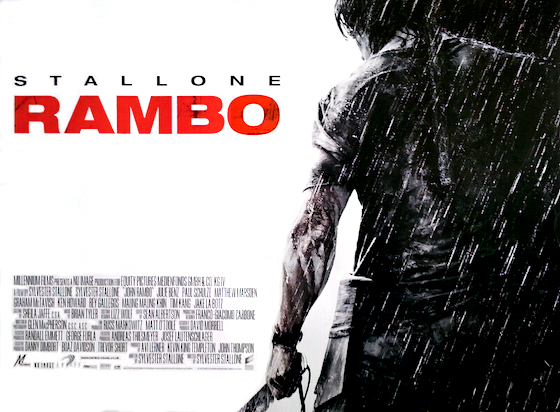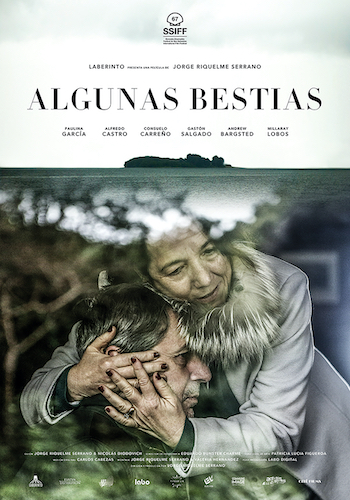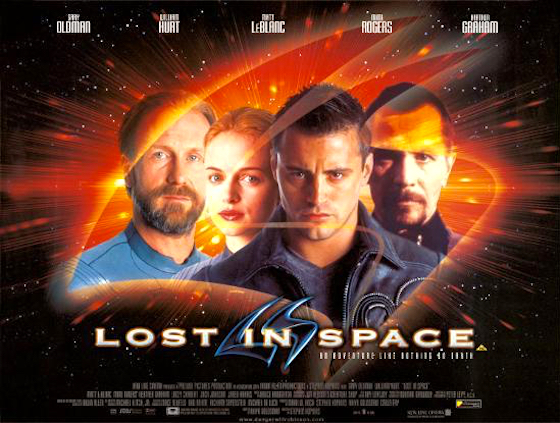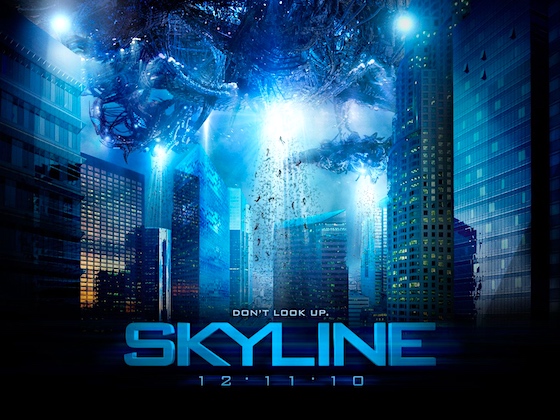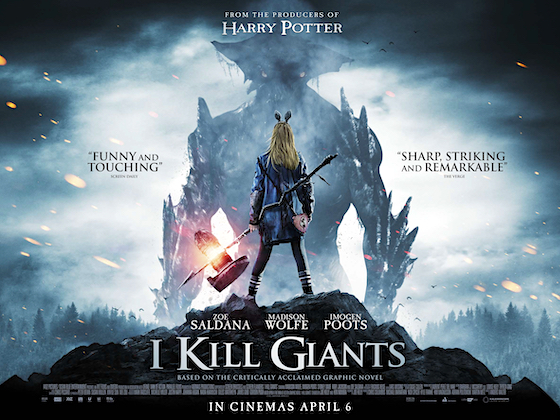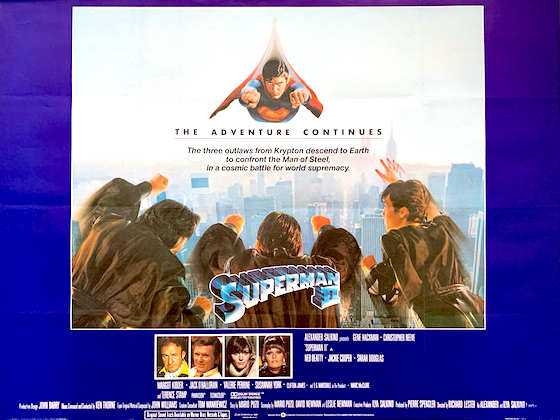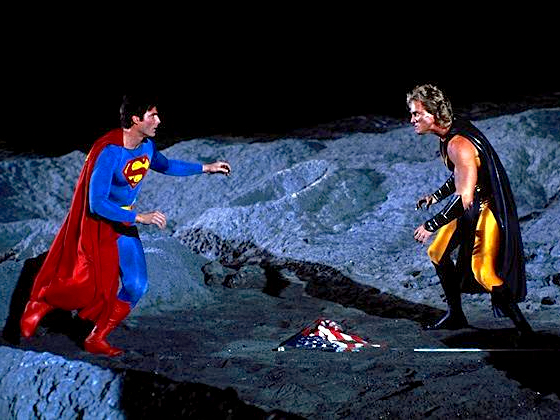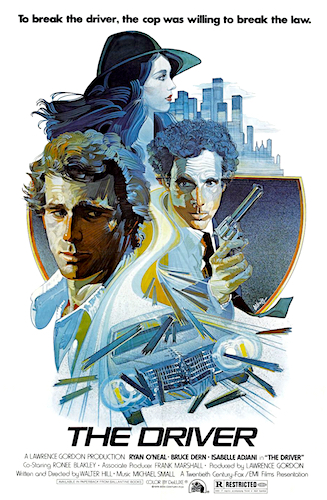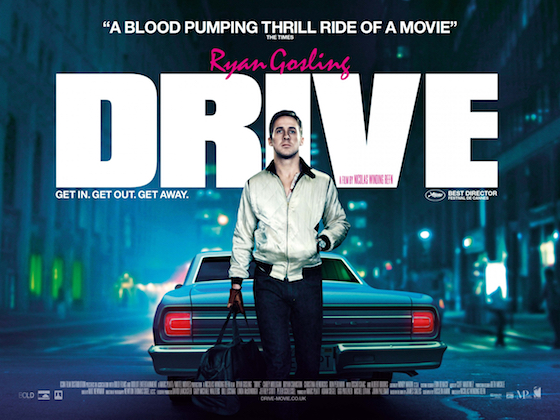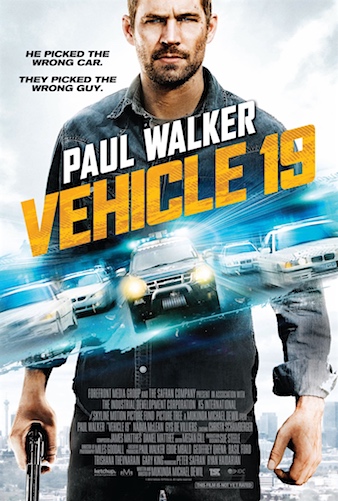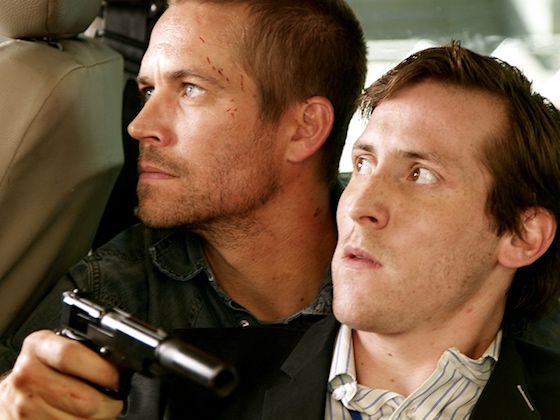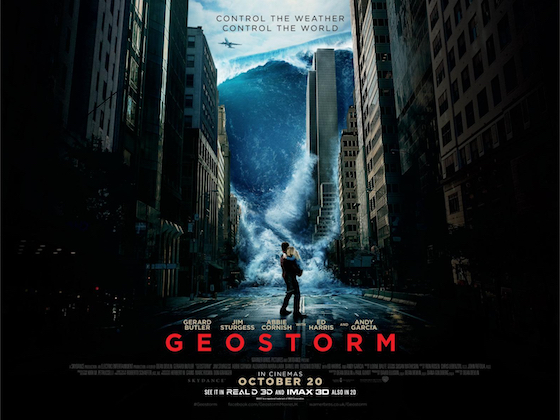It’s been a hectic time, both at work and in my personal life, these past few weeks. I’ve managed to carve out a small amount of time for some film watching (though not as much as I’d like), but little for film reviewing — hence why there’s not been an Archive 5 for a fortnight, and why this update comes over two weeks after the period it covers.
But better late than never, and the only way to get back on track is to get on, so…
Shot in the Dark
(1933)
George Pearson | 52 mins | digital (SD) | 4:3 | UK / English

The works of Agatha Christie and G.K. Chesterton are casually evoked in this ‘quota quickie’ murder mystery, adapted from a novel by H. Fowler Mear, a screenwriter whose Wikipedia entry describes him as “competent but uninspired”. (FYI, the film is often listed as A Shot in the Dark online, I presume due to confusion with a couple of slightly later films that go by that title. As the title card makes plain, there’s no A here.)
When a wealthy old man dies of a gunshot, it’s ruled a suicide; but when the family gather to listen to the will he recorded, the deceased claims he must have been murdered. Before he can make any further accusations from beyond the grave, the record goes missing. Fortunately, the local vicar (O.B. Clarence) happens to be passing at the time, and sticks his nose in — to find both the record and the murderer.
There’s nothing particularly special about the mystery that unfolds. As a detective, the vicar is a cut-price Father Brown knockoff; a weak caricature of the Sherlock Holmes type: every time he interviews someone, he seems to already know everything they’re going to tell him, if not more. It’s quite fun that almost everyone confesses to the murder at one time or another, only to turn out to not actually be responsible, but I have trouble crediting that as a deliberate gag — it’s not emphasised enough for that to be the case. When the actual culprit is eventually revealed, how and why the crime was committed isn’t properly explained. This is the kind of film that doesn’t see the value in wasting valuable screen time on things like “motive” and “plausible opportunity” and “plot twists” when it can offer dark & stormy nights and people storing poison next to medicine and secret passageways. Indeed, when they find a secret room, it turns out to have its own secret room — that’s the kind of work we’re dealing with here.
All in all, it’s not <i<bad for a quick little murder mystery, but it’s not strictly good either. It scrapes a 3 by the skin of its teeth.

Shot in the Dark is the 16th film in my 100 Films in a Year Challenge 2022.
The Brits Are Coming
(2018)
aka The Con Is On
James Haslam | 91 mins | digital (HD) | 2.35:1 | UK & USA / English | 15 / R
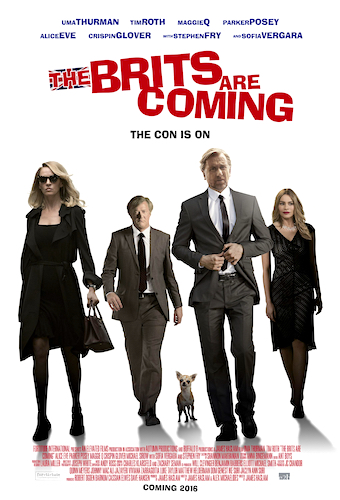
Uma Thurman and Tim Roth star as a couple of British crooks who accidentally gamble away a pile of cash belonging to a crime lord (Maggie Q), so flee to LA to steal the expensive new engagement ring of his ex (Alice Eve).
As a crime-comedy caper, you feel like this must have read funny — how else to explain such a starry cast in such a cheap-feeling production? Assuming that’s the case, something definitely got lost between page and screen: almost everything about The Brits Are Coming seems as if it should work, and yet almost none of it does. The occasional moment lands, amid a barrage of F-words so unnecessary you wonder if the film was in some kind of competition to use as many as possible. You sense the cast might’ve been having fun, at least, though supporting appearances from the likes of Stephen Fry and Crispin Glover do little to elevate the material.

Ode to Joy
(2019)
Jason Winer | 97 mins | digital (HD) | 2.35:1 | USA / English | 12 / R
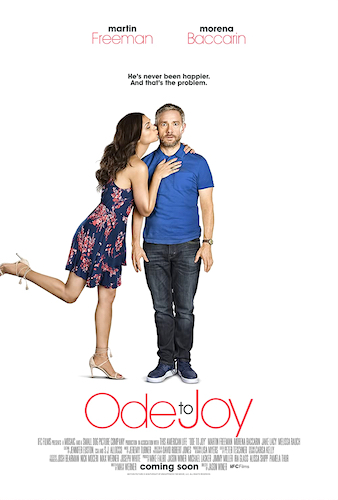
Charlie (Martin Freeman) has cataplexy, a rare neurological condition that means if he feels a strong emotion — in his case, happiness — he passes out. Unfortunately for Charlie, he seems to be a bit of a softy: even just seeing someone with their baby or cute dog on the street is liable to make him wobbly. So Charlie lives an uneventful life, working in a library (what better place for calm?) and never doing anything particularly interesting. Certainly never dating. But then one day he defuses a situation involving Francesca (Morena Baccarin), who takes a shine to him; and of course he’s interested in her, because, duh, it’s Morena Baccarin. Can Charlie manage to be happy… but not too happy?
If it all sounds a tad far-fetched, you should know that it’s inspired by a true story (there’s even a writing credit acknowledging the journalist behind the original piece). Nonetheless, the fictionalised version could easily have turned the premise into something ridiculous, but a solid screenplay and great cast ensure it stays balanced on just the right comedy-drama line. Freeman is perfect casting for “man who would like to be happy but must keep himself miserable”, playing to strengths he’s displayed ever since his breakthrough role in The Office. As his love interest, Baccarin could probably have got away with just looking pretty, but there’s more zest to her character than that. Among the supporting cast, The Big Bang Theory alum Melissa Rauch is particularly hilarious as Francesca’s ‘boring’ friend who Charlie ends up dating instead. She’s the closest thing the film has to an outright “comedy character”, but the screenplay and Rauch’s performance manage to round her out.
Ode to Joy could’ve coasted on easy (if probably repetitive) gags derived from Charlie’s condition, or it could’ve more-or-less ignored it as simply a hook for a bog-standard romcom. Instead, it’s something a bit more thoughtful, exploring what it really means to be “happy”, as well as where and how we find happiness. Not to mention that age-old question, what’s the point in living if you don’t feel alive?

The Courier
(2020)
Dominic Cooke | 112 mins | digital (UHD) | 2.39:1 | UK & USA / English & Russian | 12 / PG-13
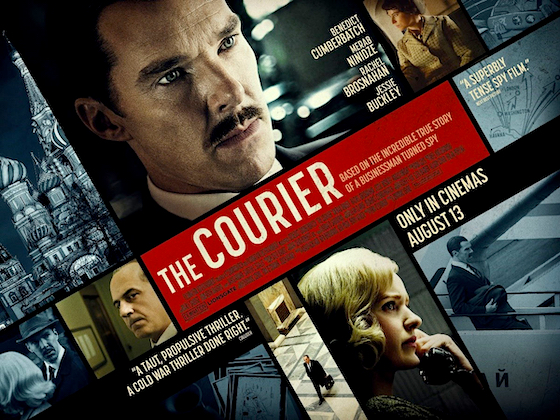
A fascinating true story that I wasn’t the slightest bit aware of, The Courier stars Benedict Cumberbatch as nondescript businessman Greville Wynne, who was recruited during the Cold War by MI6 and the CIA to travel to Russia and collect information offered by an asset in Soviet military intelligence, Colonel Oleg Penkovsky (Merab Ninidze), at that time the highest-ranked Soviet to leak intelligence to the West. Definitely sounds like spy novel stuff, but, as I said, it’s all true (well, except for the bits tweaked for dramatic licence, obv).
As regular readers will no doubt have inferred from my reviews of James Bond, John le Carré adaptations, and other similar fare, I love a bit of Cold War espionage. Normally that’s of the fictional variety — I guess most of the true stories aren’t quite as exciting, or remain too classified — but there’s nothing quite like knowing the events you’re witnessing actually took place. That said, the events depicted here fall under the latter category, as they’re officially still classified. Screenwriter Tom O’Connor reportedly pieced the narrative together from various sources, which I imagine helps make this as close to the truth as we’re likely to get, for now at least.
Either way, it’s a suitably thrilling tale, powered by two superb lead performances from Cumberbatch — initially reluctant and floundering, but increasingly self-assured and moralistic — and Ninidze — controlled and honourable, but with an emotional undercurrent. Strong supporting turns, too, from the likes of Jessie Buckley and Rachel Brosnahan, don’t let us forget the very human cost of the spy games, especially if things should turn sour…
By the end, you definitely feel that the actions of Wynne and Penkovsky should be better known. Perhaps the need for keeping official secrets has stymied that — although (without wishing to spoil what happens) some events did make news at the time, and this isn’t the first drama or documentary to cover the case — but The Courier stands as a valiant effort to bring their tale to a wider audience.

The Misfits
(2021)
Renny Harlin | 95 mins | digital (HD) | 2.39:1 | USA, UAE & Finland / English | 15 / R
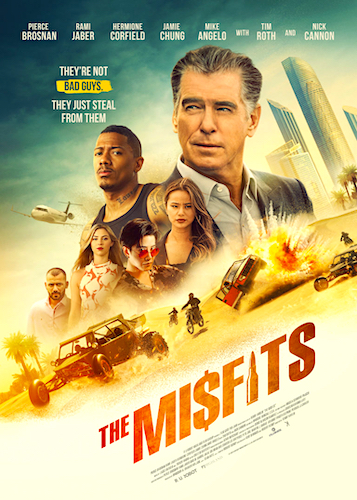
If you thought Michael Bay’s 6 Underground was bad, The Misfits is here to show you what a properly poor “former crooks do good deeds from the shadows” action movie looks like.
The eponymous ‘Misfits’ are a small group of international Robin Hoods, preying on the rich and selfish for the benefit of the poor and helpless. Their latest job is to steal the gold reserves of a terrorist organisation, which are kept safe in a prison owned by Warner Schultz (Tim Roth, slumming it again), so they recruit his nemesis: thief and multi-time Schultz prison escapee Richard Pace (Pierce Brosnan, only half succeeding to reconjure the roguish charm he deployed decades ago in similarly-themed films like The Thomas Crown Affair).
Despite the involvement of a couple of big-ish names in front of the camera and a former blockbuster director behind it (Renny Harlin, whose credits included Die Hard 2 and Cliffhanger before a couple of flops relegated him to rental-shelf-filler fare), The Misfits looks like it was made for £3.50 and a favour from the Abu Dhabi tourist board (the city appears glamorous and expensive, unlike anything else about the film).
The screenplay feels like it was generated by an AI fed on every low-rent heist movie from the last 30 years. It’s not just clichés, but the way it drifts along with a “this is the sort of thing that happens in this sort of movie” logic, not particularly caring if it makes objective sense. The construction is sloppy, too. For example, a ton of time is devoted upfront to introducing the ‘Misfits’, only for most of them to be 2D one-trick pies (a thief, a fighter, an explosives expert, etc) who are supporting characters in what is really Brosnan’s film. I thought it was going to be a case of bait-and-switch marketing — make the famous actor prominent on the poster, only for his role to be little more than an extended cameo when the film is really about these other guys — but no, he’s genuinely the lead, it’s just the film is weirdly built. And that’s before we get onto the centrepiece heist itself, where the inevitable twists and reveals are either too clearly telegraphed, or simply pulled out of thin air (the gold isn’t there, it’s here! Except it’s not here, it’s there! But it’s not there, it’s here!)
If you are exceptionally forgiving, The Misfits has vague merit as entertainment, but it’s a very hollow kind of fun. If you’re in the mood for the particular joys of a heist movie, and you can’t think of or get hold of another one at that minute, it would probably scratch the itch.

The Misfits is the 18th film in my 100 Films in a Year Challenge 2022.







